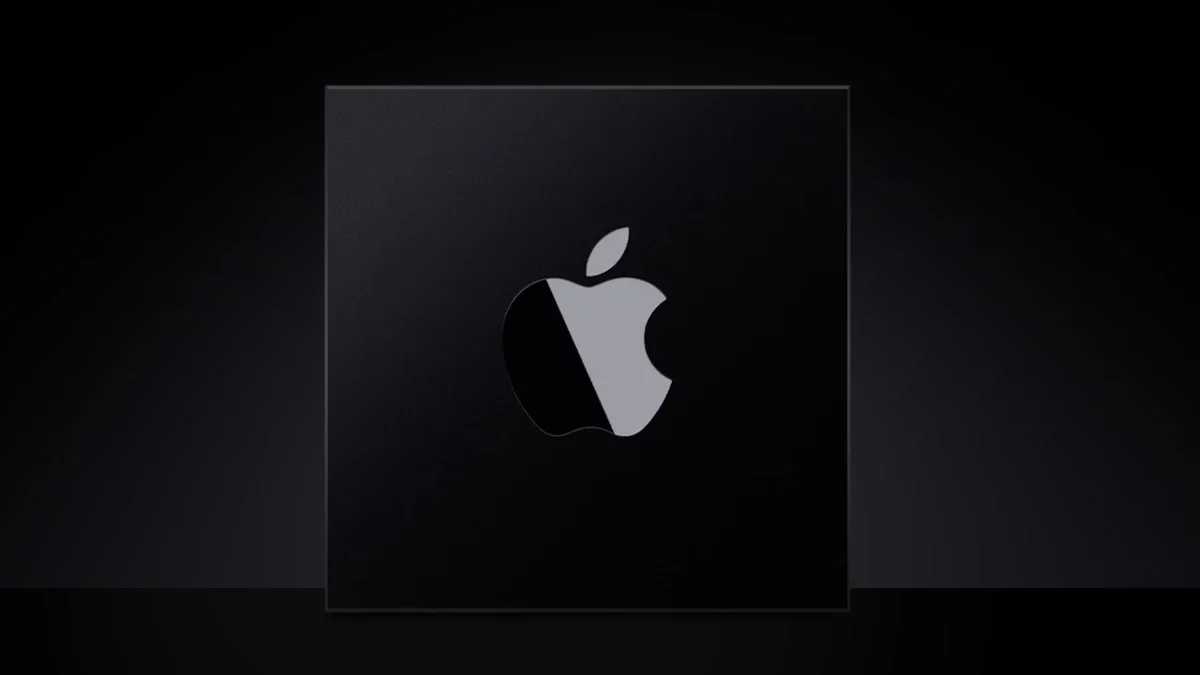Apple expands R&D operations in Israel and Palestine, with former focused on Mac chips

Apple is going two open a third development center in Israel, which will be dedicated to making M-series chips for Mac computers and iPads, per the Times of Israel.
The Cupertino giant's intentions were revealed after recruiter Elad Wertheimer posted on LinkedIn that Apple is planning to open a new development site in Jerusalem and is looking for chip engineers. They will participate in Israel-based flagship projects, specifically the development of Mac processors.

Machine translated version of Elad Wertheimer's LinkedIn post
Apple opened its first site in Israel in Herzliya in 2015, a few years after taking over the Israeli flash-memory startup Anobit. The company also acquired 3D sensing Israeli company PrimeSense in 2013. There is also an R&D center in Haifa’s Matam high-tech park which welcomed 100 employees who were laid off by Texas Instruments.
Apple's senior vice president of hardware technologies Johny Srouji, who is from Haifa, played a key part in setting up R&D centers in Israel, which employ around 2,000 people. Srouji had previously worked at Intel and IBM. He joined Apple in 2008 and was initially tasked with the development of iPhone chips. In 2015, he was given a leadership role and now leads the team that makes chips for Apple products. Some of those team members reside in Israel.
The Israel teams contributed greatly to the development of Apple's first M series processor, the M1. The company is currently looking to fill more than 100 positions in Israel.
Through Israeli development, Apple manages and streamlines the data storage technology in a range of devices: Wireless communication components for the Apple Watch, as well as the integrated circuits that were developed in Israel, and the jewel in the crown. The Israeli team played a central role in developing the premium version of the company’s flagship M1 processor, including the M1Pro and M1Max chips designed to support premium Mac computers such as MacBook Pro and MacBook Studio. These chips were built here in Israel while working with other teams worldwide, including at the headquarters in Cupertino." - Srouji to Globes
Apple announced last month that it was expanding its engineering R&D hub in Rawabi, Palestine, where it currently employs more than 60 engineers. The Palestinian team works with Israeli centers in Herzliya and Haifa.
By creating more opportunities for Palestinian engineers, we saw a way to help address an important regional matter while advancing Apple’s core values. At Apple, we are committed to inclusion and diversity across our global workforce. We know that to sustain meaningful change, it must be good for business as well. Finding talent in the Palestinian Authority expands the pool of qualified engineers, which helps us meet the needs of our growing business." - Srouji
Apple began transitioning away from Intel chips with the introduction of the M1 and the latest M2-powered Macs are fully devoid of Intel-made components. M-series chips don't just power Apple's computers but also its slates, which are one of the best tablets around.
Follow us on Google News













Things that are NOT allowed:
To help keep our community safe and free from spam, we apply temporary limits to newly created accounts: